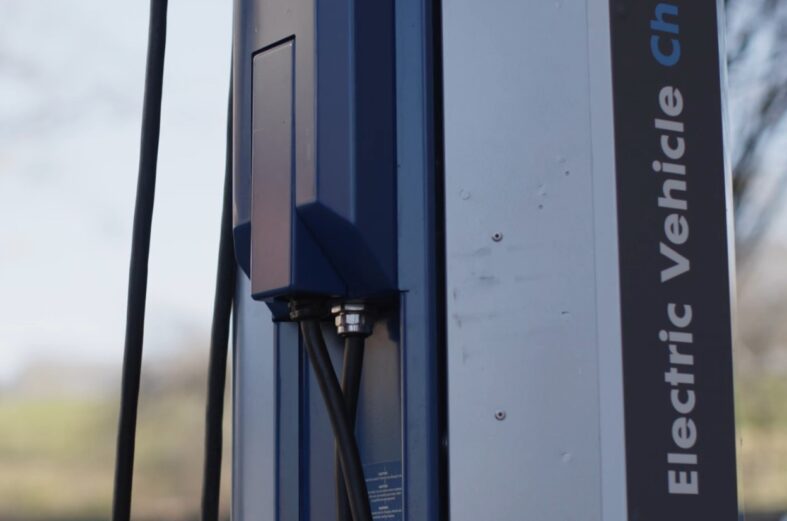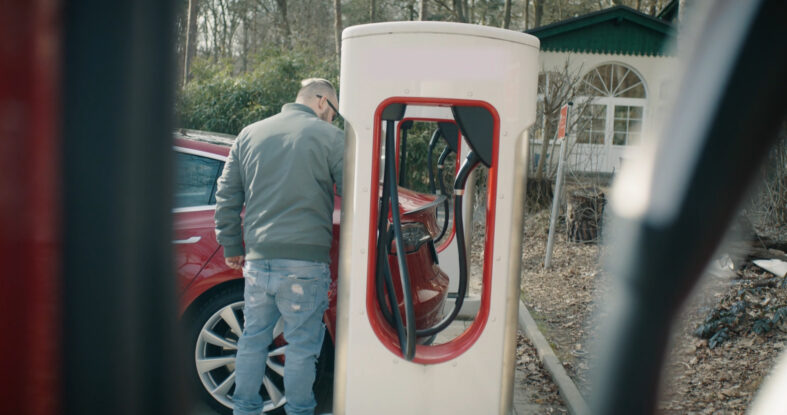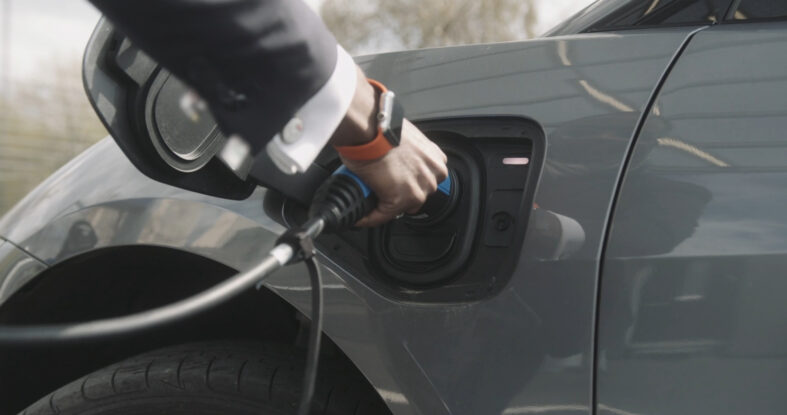Electric vehicles require a reliable charging setup at home to ensure daily convenience. Not all home charging stations offer the same features or compatibility.
Electric vehicle charging stations vary in terms of speed, connectivity, and installation requirements. Selecting the right one depends on understanding power levels, connector types, and smart capabilities.
Power Requirements

Charging stations fall into two main categories. Level 1 chargers use a standard 120-volt outlet and provide slow charging, making them suitable for overnight use. Level 2 chargers operate on a 240-volt circuit and charge much faster, making them ideal for daily use.
A Level 2 charger typically delivers 16 to 50 amps, affecting the speed. A higher amperage means faster charging, but the home’s electrical system must support it. A dedicated circuit is often necessary to prevent overloads.
Connector Compatibility and Vehicle Requirements
Most electric vehicles use a J1772 connector for Level 1 and Level 2. Tesla models require an adapter for compatibility with non-Tesla stations. Checking the vehicle’s port ensures proper selection.
Some models require additional adapters for DC fast charging, but these are not common for home setups. Verifying the compatibility of the station with the vehicle prevents installation issues.
Smart Features and Connectivity Options
Many charging stations include smart features such as Wi-Fi, app integration, and scheduled charging. These features allow monitoring of energy usage, setting charging times, and receiving alerts.
Some models integrate with home energy management systems. Stations with smart capabilities help optimize energy costs by scheduling charging during off-peak hours.
Installation Costs and Electrical Upgrades
A Level 2 charger often requires professional installation. The cost depends on electrical panel capacity, wiring distance, and permit requirements. Upgrading an older electrical panel adds to the expense.
A licensed electrician ensures proper installation and compliance with local codes. Some utility companies offer rebates for installing home stations, reducing overall costs.
Weatherproofing and Durability
Outdoor installations require a charging station with a high NEMA rating. A rating of NEMA 3 or higher ensures protection against weather elements. A durable enclosure prevents damage from moisture, dust, and temperature changes.
Indoor installations do not require as much protection, but a well-built unit lasts longer. A sturdy cable and a robust mounting system prevent wear and tear.
Cost and Incentives
Charging stations range in price based on features and power output. Basic Level 2 chargers cost around $300 to $600, while smart-enabled models range from $600 to $1,200.
Many regions offer incentives for installing home charging stations. Federal tax credits and state rebates lower the purchase and installation costs. Checking local utility programs provides additional savings.
Safety Features and Certifications
Reliable charging stations include safety features such as ground fault protection and temperature monitoring. Certified units meet UL or ETL standards, ensuring safe operation.
Overcurrent protection prevents electrical hazards. A station with automatic shutoff reduces the risk of overheating.
Conclusion

Selecting the right home charging station ensures efficient and safe charging. Power requirements, compatibility, and smart features influence the decision. Considering installation costs, durability, and incentives helps make a cost-effective choice. A certified and well-installed charging station provides long-term reliability.

